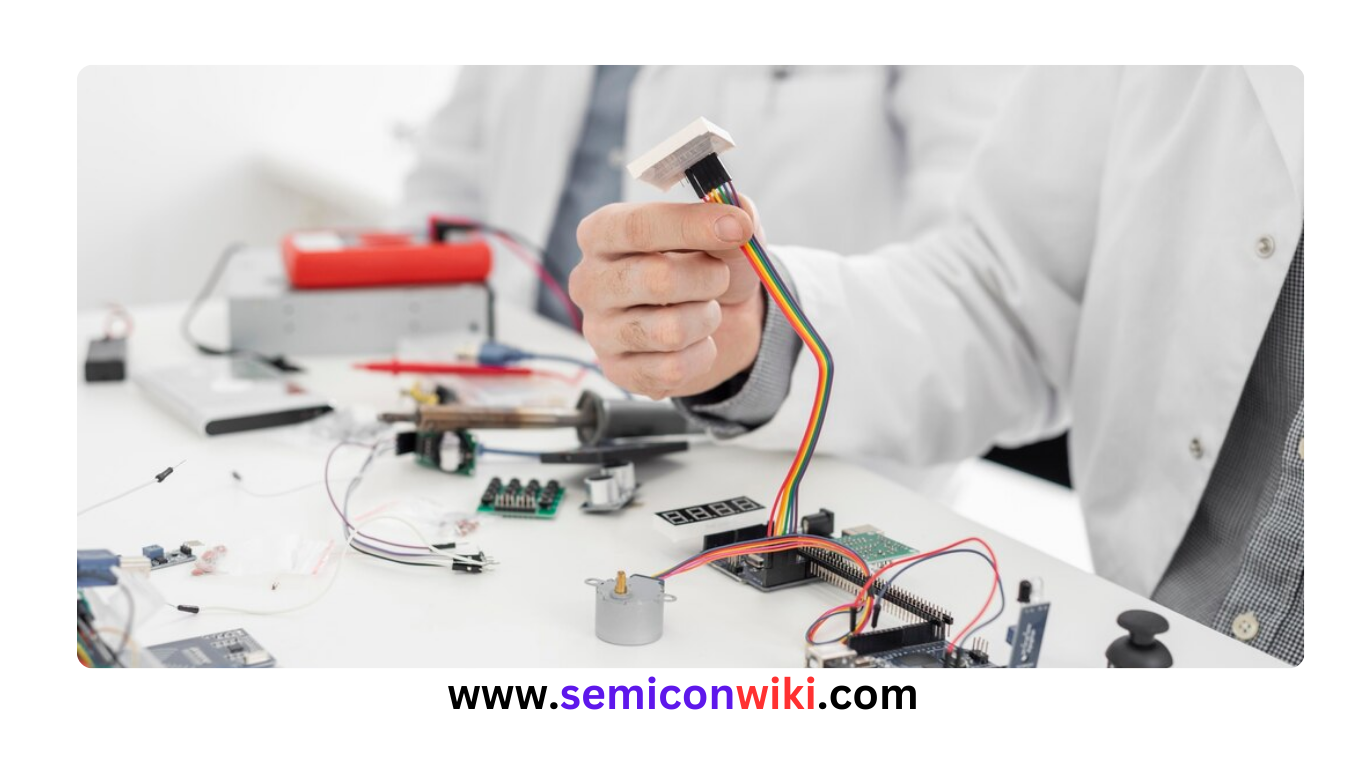What is an Electronics Engineer?
The electronics engineer’s duties include interpreting client briefs and providing cost and time estimates, testing systems, and drafting improvement plans, developing electronic products, components, and systems to meet client requirements, as well as creating instructional manuals. You must be capable of establishing supplier and vendor networks and representing the company at conferences.

The following are common tasks for electronic engineers: designing electronic parts, programmes, goods, or systems for use in business, industry, healthcare, science, or the military. Determine the specifications, capacity, and cost for creating an electrical system plan by analysing the needs of the customers.
To succeed as an electronics engineer, you should have a strong aptitude for Mathematics and a deep interest in technology. Exceptional electronics engineers can prioritize tasks, solve problems, and deliver work within tight deadlines.
Electronics Engineer Responsibilities
- Designing, examining, testing, and updating electronic systems, components, equipment, and software.
- Collaborating with engineers, other professionals, and clients to ensure quality projects are completed according to specifications.
- Ensuring all equipment and products comply with health and safety regulations.
- Observing existing processes and providing recommendations for enhancement.
- Developing effective maintenance, testing, and quality control procedures.
- Demonstrating initiative and staying abreast of advances in Electronics.
- Representing the company at conferences and delivering presentations as needed.
- Monitoring processes, systems, and staff, promptly identifying issues.
- Establishing relationships with staff, vendors, suppliers, and other professionals in the industry.
- Writing specifications, instructions, reports, and handling other necessary administrative tasks.
Read also: What is Binary Number System?
Electronics Engineer’s Job Requirements
- Bachelor’s degree in engineering or a related field.
- Master’s degree preferred.
- A relevant license may be necessary.
- Practical experience with design software.
- Design experience preferred.
- Excellent problem-solving and troubleshooting abilities.
- Strong written, verbal, and telephone communication skills.
- Excellent research and interpersonal abilities.
- Strong analytical skills.
- Willingness to work overtime if necessary.